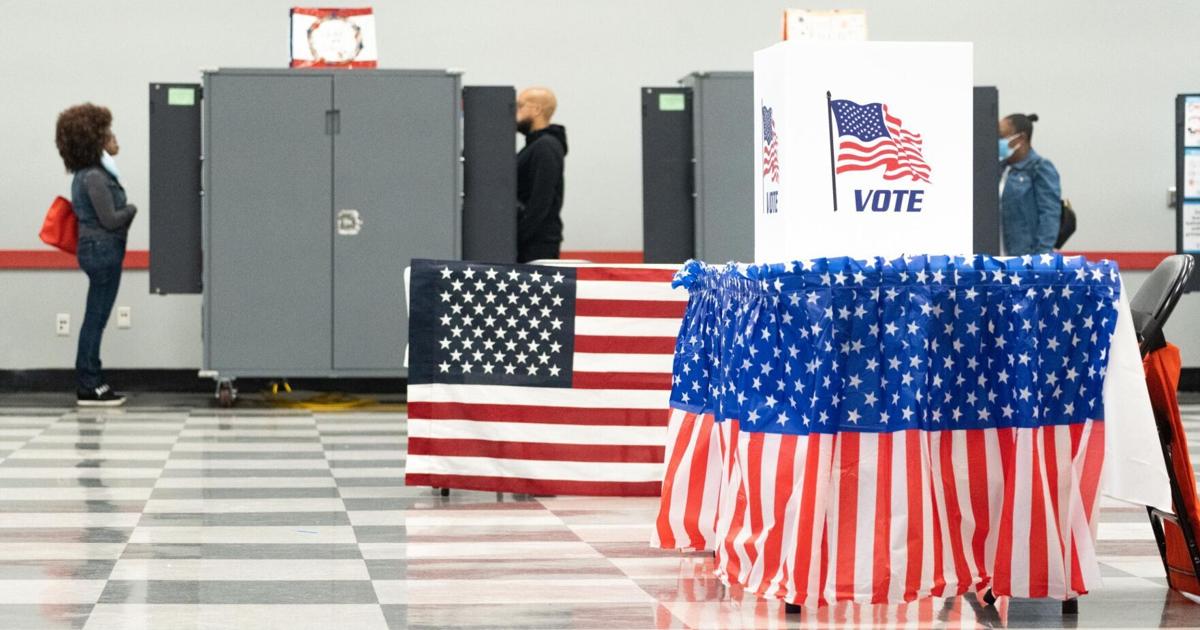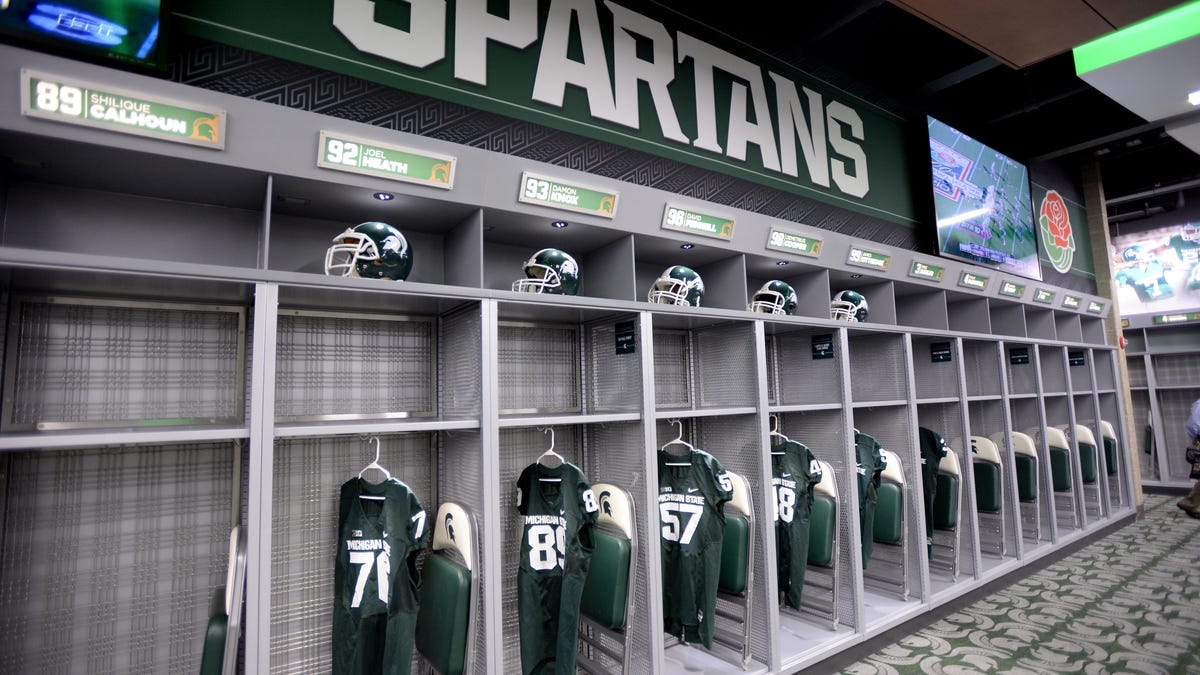LONG BEACH TOWNSHIP, N.J. — New Jersey is seeking a new round of proposals to build wind energy farms off its coastline, forging ahead with its clean energy goals even as local opposition and challenging economics create blowback to the effort.
The state Board of Public Utilities last week opened a fourth round of solicitations for offshore wind farms, giving interested companies until July 10 to submit proposals.
“Advancing this solicitation really demonstrates that we are committed to seeing the economic development that offshore wind is bringing to New Jersey and will continue to bring, as well as the clean energy that is so important for the residents of the state,” said the board’s president, Christine Guhl-Sadovy.
There are currently three preliminarily approved offshore wind projects in New Jersey.
One is from Chicago-based Invenergy and New York-based energyRe. Called Leading Light Wind, it would be built 40 miles off Long Beach Island and would consist of up to 100 turbines, enough to power 1 million homes.
Another, called Attentive Energy Two, would be built 42 miles off Seaside Heights and would not be visible from the shoreline. It is a joint venture between Paris-based TotalEnergies and London-based Corio Generation, and it would power over 650,000 homes.
The third is Atlantic Shores, a joint partnership between Shell New Energies US LLC and EDF-RE Offshore Development LLC. It would generate enough energy to power 700,000 homes and would be 8.4 miles off the coast of Long Beach Island.
New Jersey has set a goal of getting 100% of its energy from clean sources by 2035, and it wants to become the East Coast leader in offshore wind.
“The strong wind resources off New Jersey’s shoreline are well-suited to the development of a robust offshore wind program,” said Kira Lawrence, a senior policy advisor with the board. “New Jersey remains committed to ensuring that natural resources including fish, marine mammals, birds and other wildlife are protected throughout the development, construction, operation and decommissioning of offshore wind projects.”
Most of the state’s environmental groups support offshore wind as a way to phase out the burning of fossil fuels that contribute to climate change and the severe weather that New Jersey and other places have experienced.
“To achieve the necessary carbon emission reductions to protect our communities from the climate crisis, we need a major transition in our energy sector now,” Anjuli Ramos-Busot, director of the New Jersey Sierra Club, wrote in comments submitted to the board before its vote. “Offshore wind is the future, and one of our greatest clean energy solutions that will benefit the local communities here in our state without the further burning of fossil fuels.”
Other comments sent to the board oppose offshore wind projects as economically unsound and environmentally risky.
“If the NJPBU and other agencies along with the offshore wind developers are so sure that there will be no negative impact on fishing, tourism or real estate, then these claims should be guaranteed in the solicitation, along with appropriate penalties if harm to the tourism, fishing and real estate values occurs,” the group Defend Brigantine Beach and Downbeach wrote to the board.
Many offshore wind opponents blame site-preparation work for a spate of whale deaths along the U.S. East Coast over the past year and a half. But numerous federal and state agencies say there is no evidence of a link between the projects and the animal deaths, some of which were attributed to ship strikes or entanglement with fishing gear.
Last October, the Danish wind giant Orsted scrapped plans for two wind farms off New Jersey, saying they were no longer feasible economically.





























